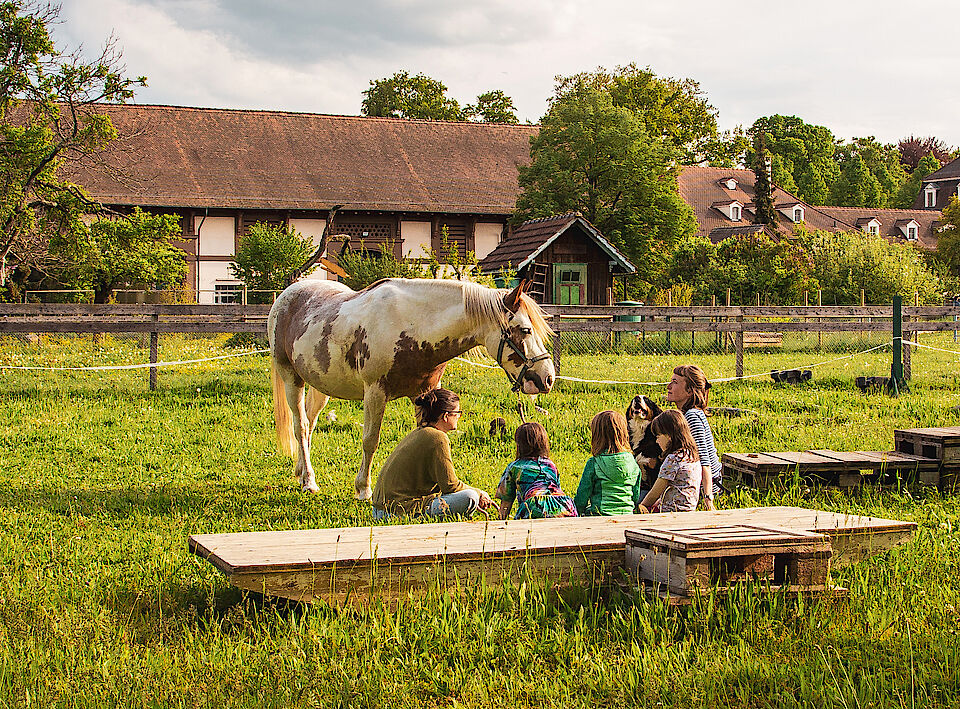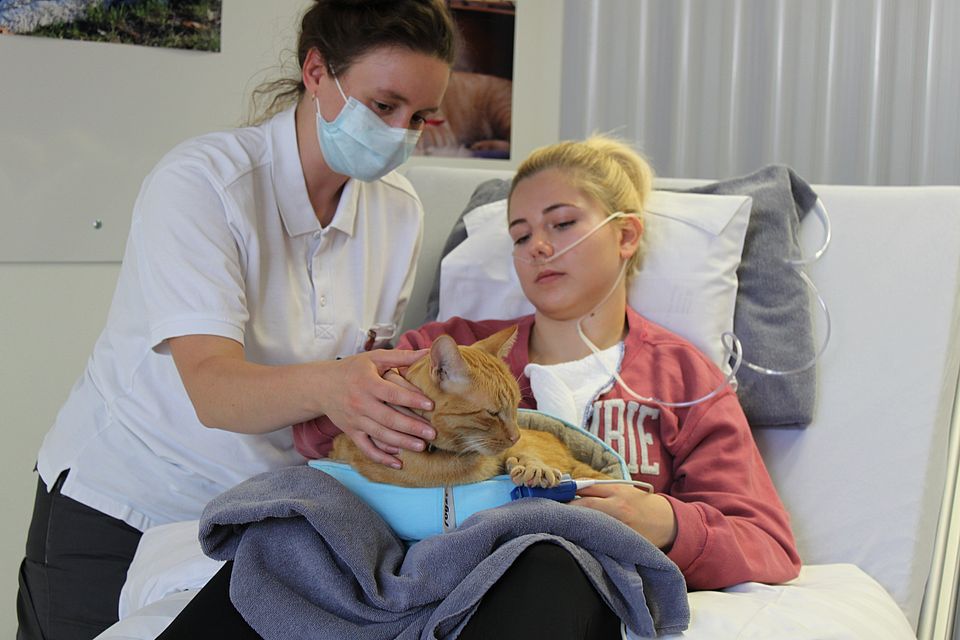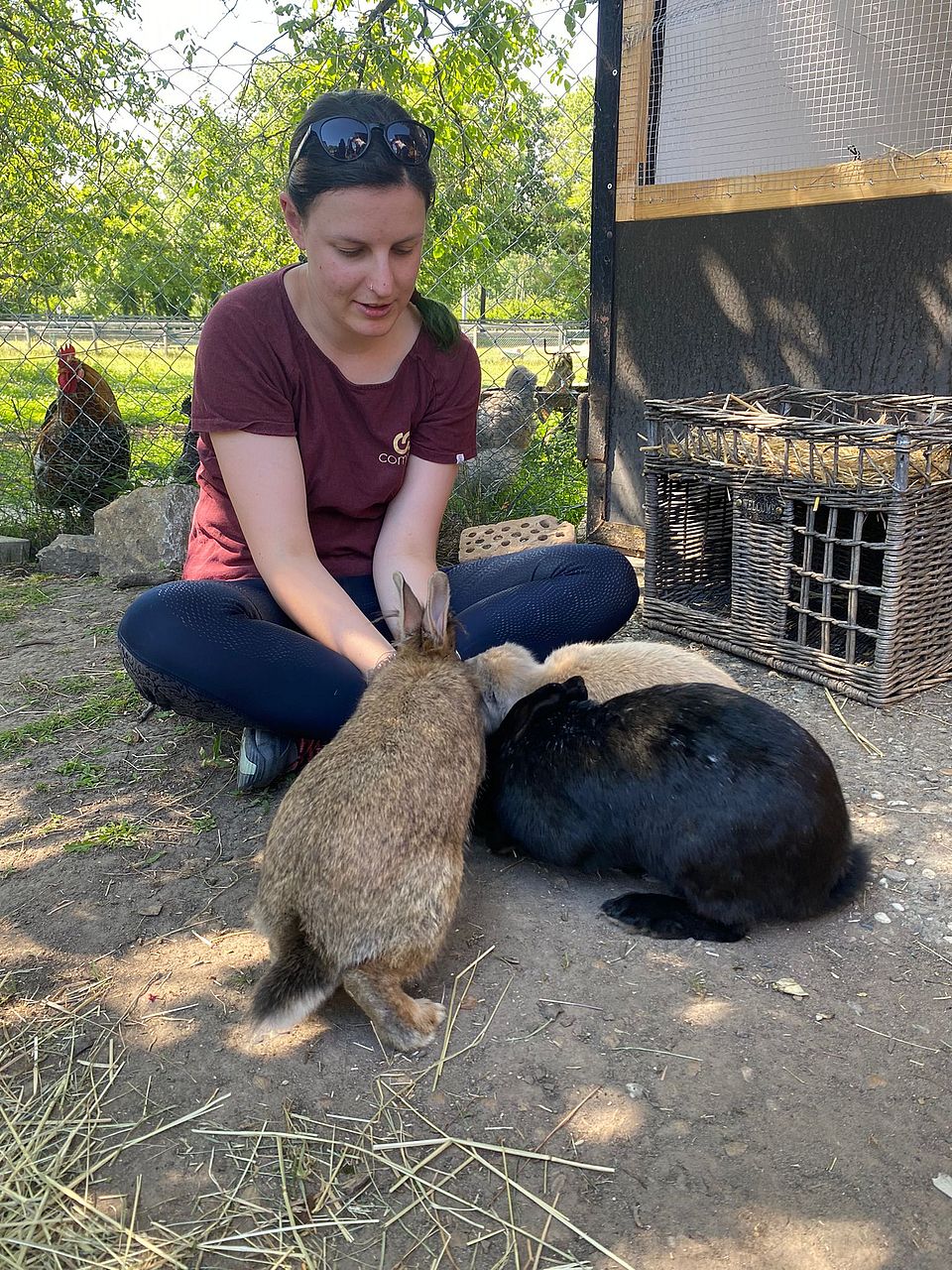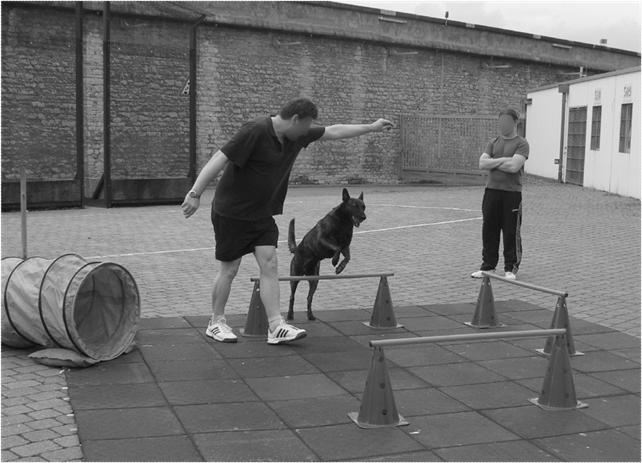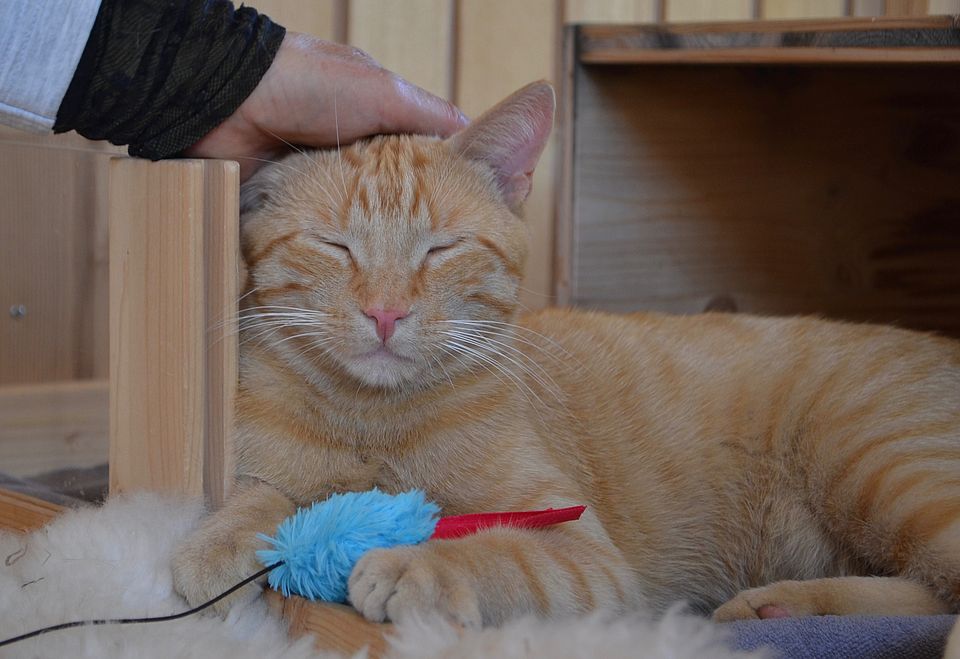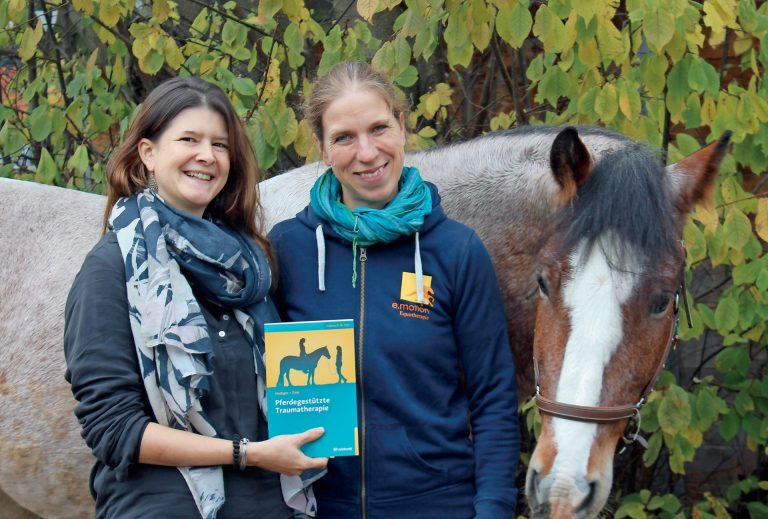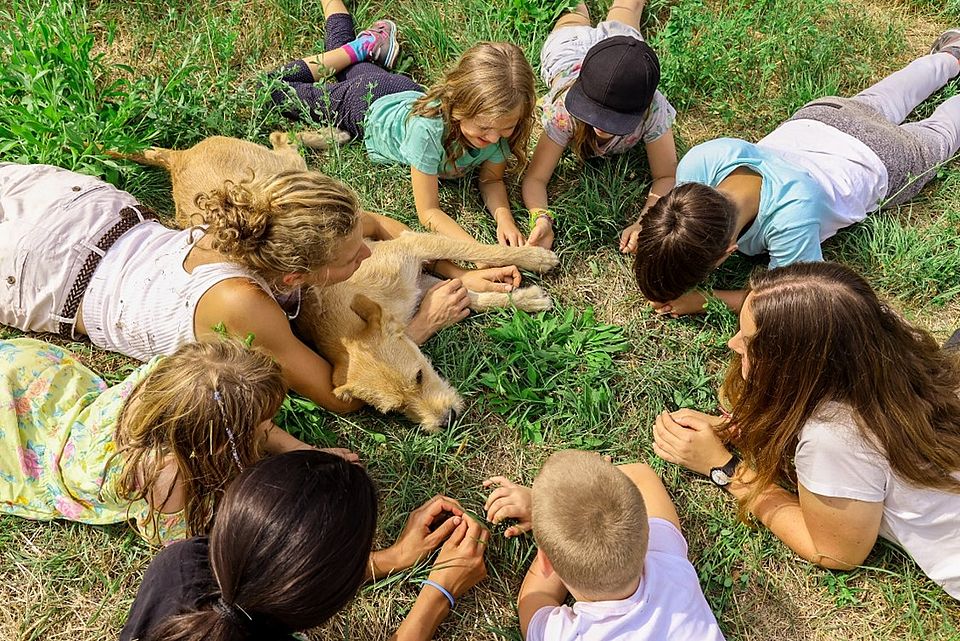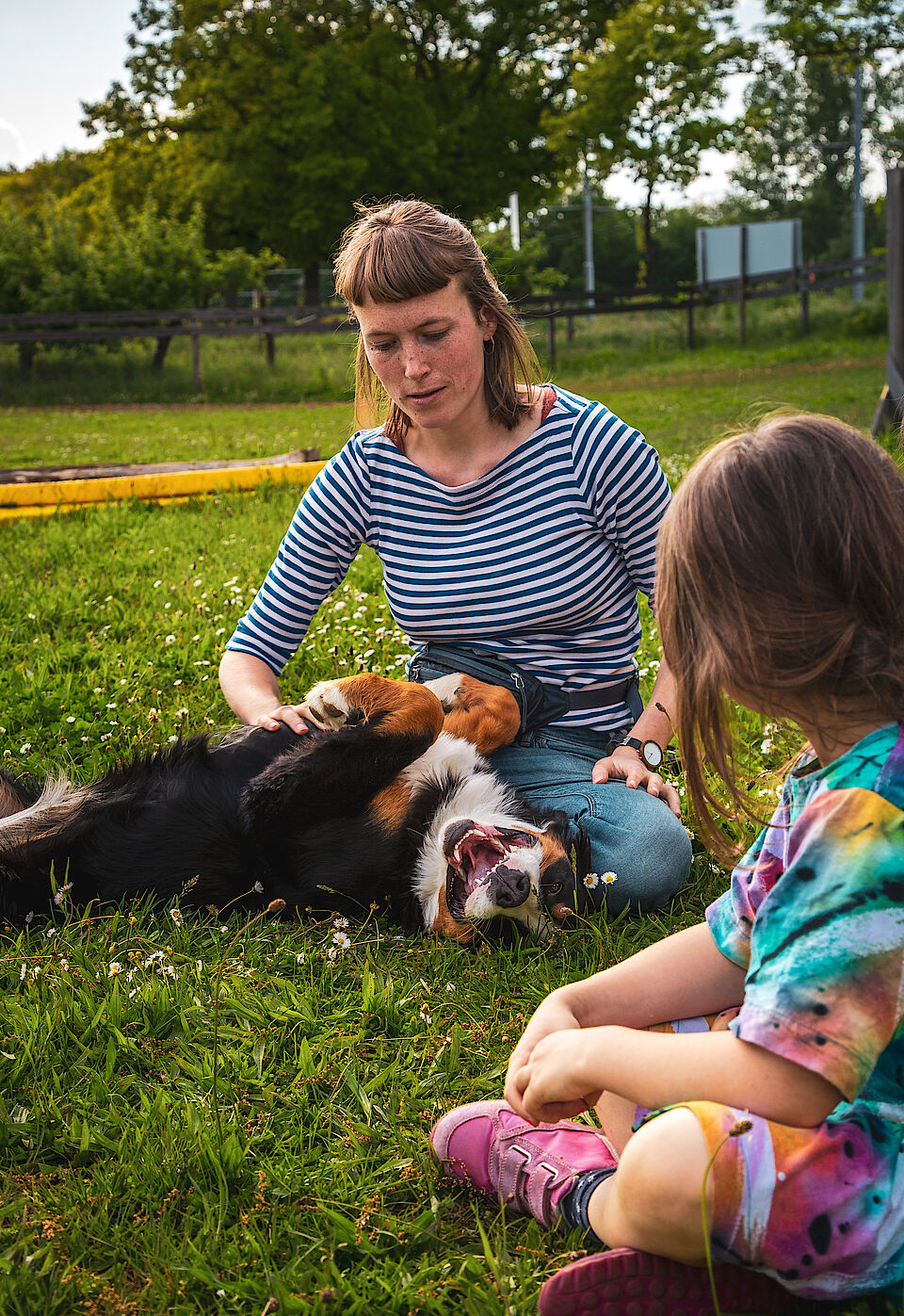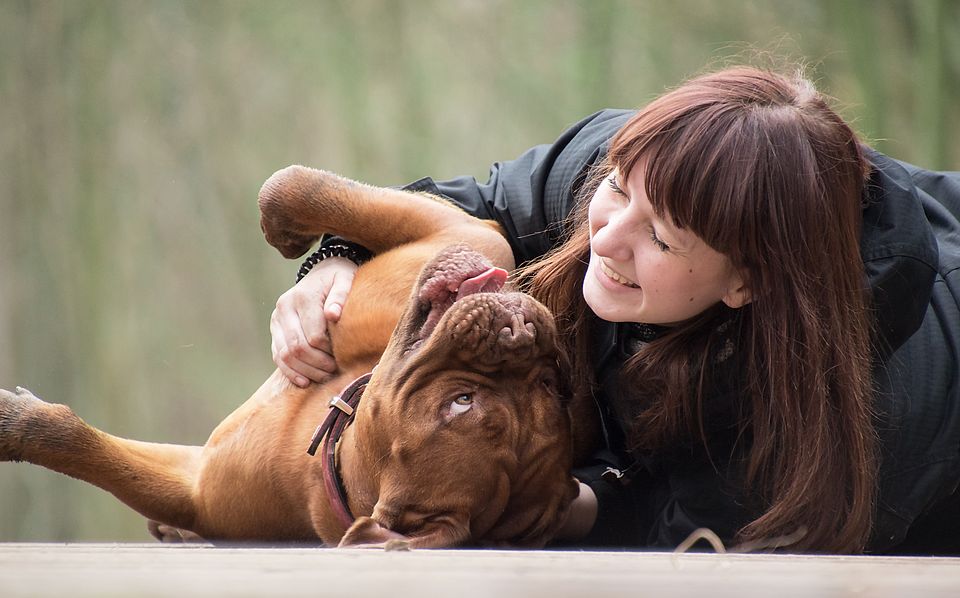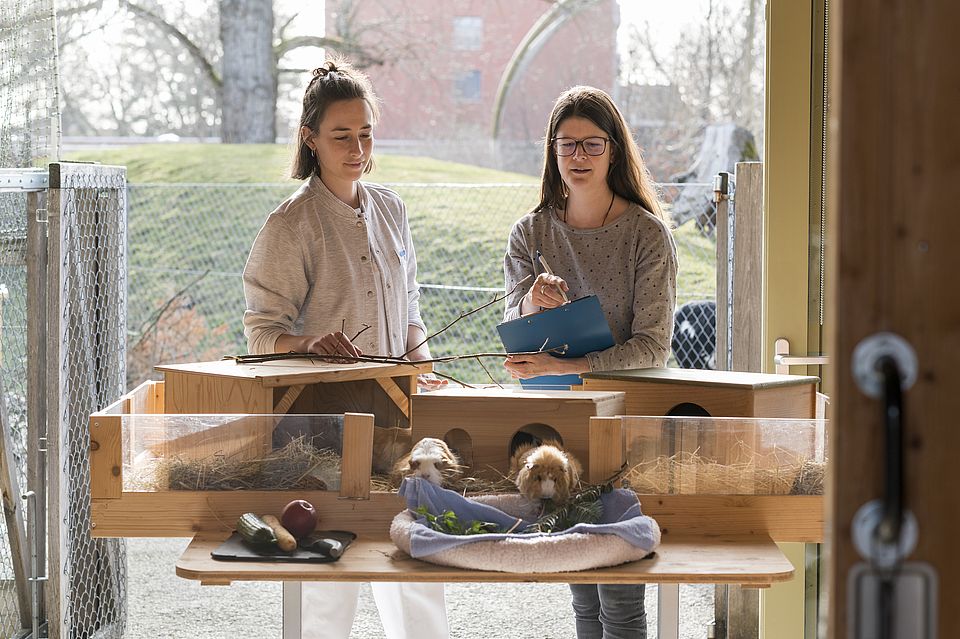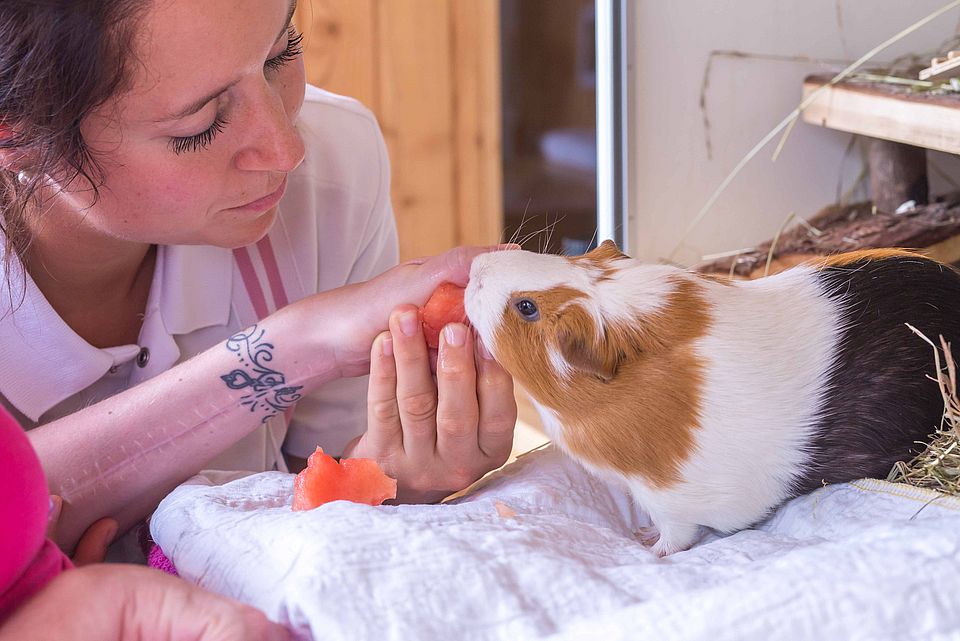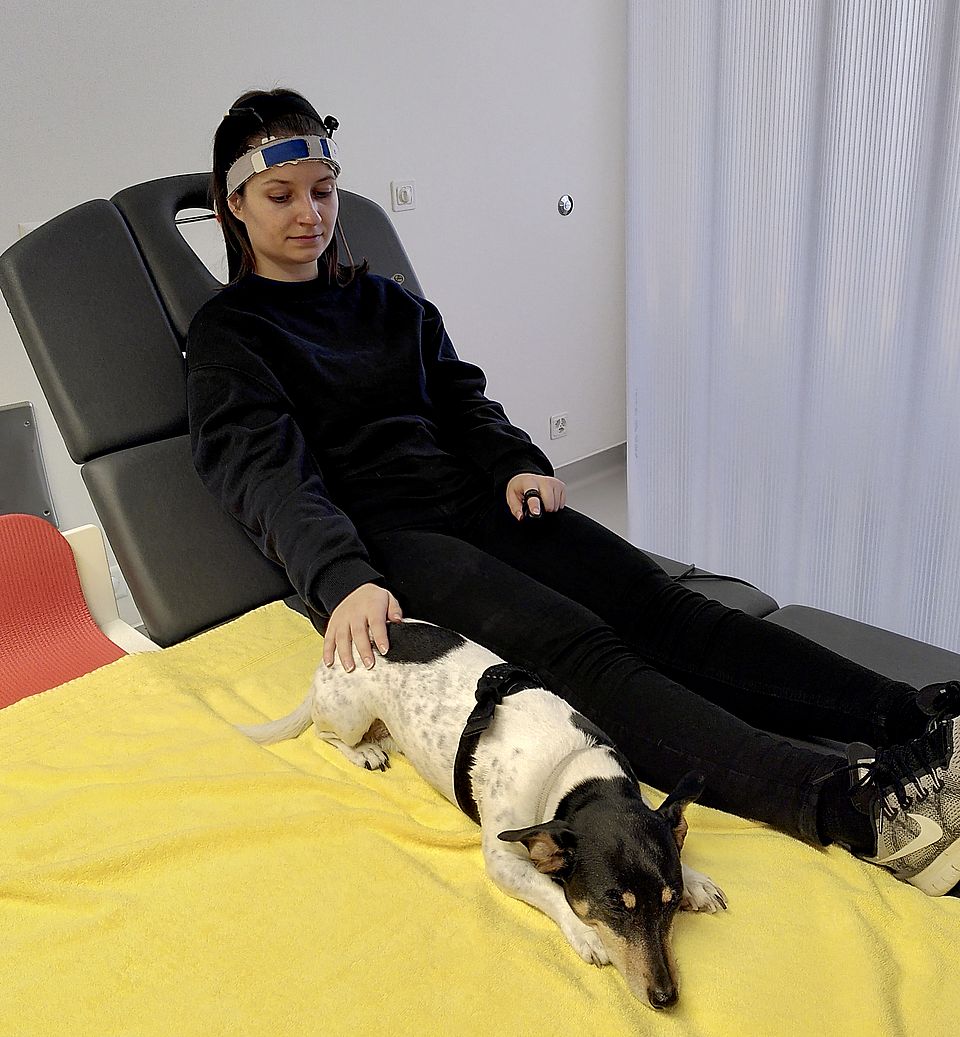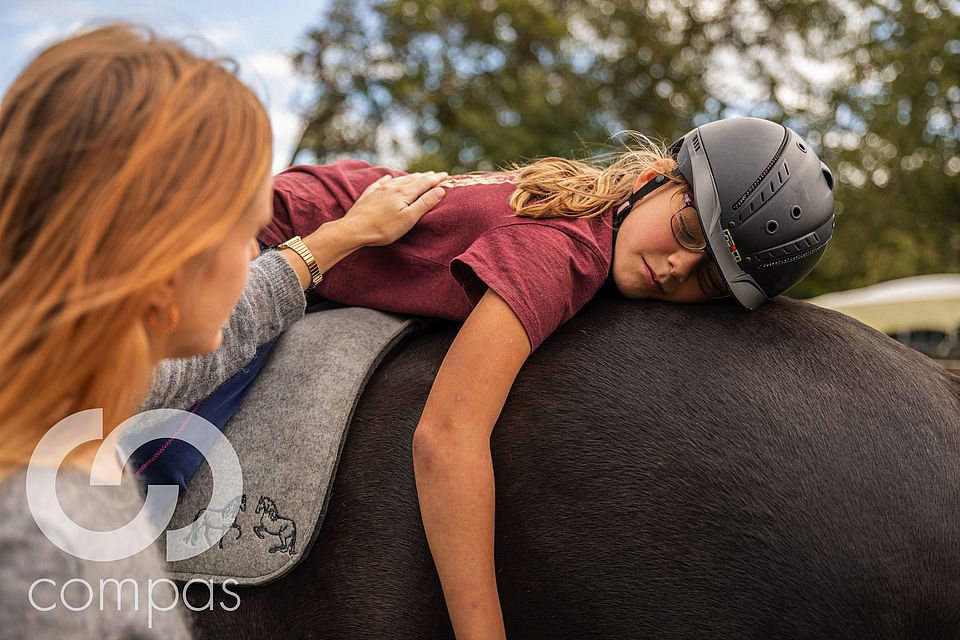Effects of dog-assisted therapy in children with severe neurological impairment
In this project, we investigated the potential of dog-assisted therapy in pediatric inpatient neurorehabilitation for severely neurologically impaired children and adolescents, to identify characteristics of patients receiving this therapy, characteristics of the therapy sessions, and to evaluate feasibility and extent of goal achievement.
The study showed that dog-assisted therapy is a feasible approach and appears to facilitate emotional, social, and psychological goals in children and adolescents with severe neurological impairment.

